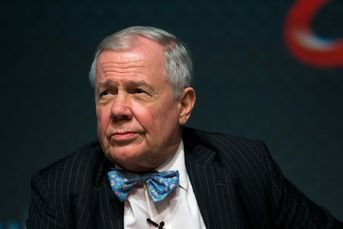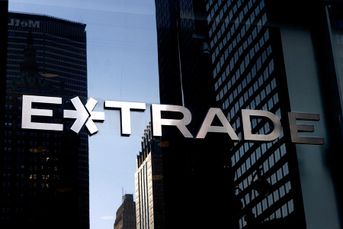Smart-beta returns track their Morningstar categories
A few are just a bit smarter than the average.
Your fund may have the smartest beta around, but your returns are still ultimately going to stem from the fund’s primary investment playground.
Smart beta funds are index funds that use a set of rules to modify performance, preferably for the better. A basic smart-beta fund might be a large-company ETF that invests in stocks with a long history of rising dividends. A more complex one might specify additional buying rules, such as buying only those stocks whose dividend is greater than the Standard & Poor’s 500 stock index, or whose price-to-earnings ratio is below the S&P 500.
Despite the many new entrants into the field with sophisticated buy and sell rules, the top performers in smart beta mirrored the top performers in traditional open-ended funds. For example, the top-performing diversified U.S. smart-beta ETF in 2016 was ProShares Russell 2000 Dividend Growers (SMDV), which invests in small-company stocks with a history of increasing dividends. The fund’s components are equally weighted, and no single sector is allowed to have more than a 30% weighting. The fund gained 35.6% last year, according to Morningstar, the Chicago investment trackers.
Morningstar categorizes ProShares Russell 2000 Dividend Growers as a small-company value fund. The category was this year’s leader among open-end funds, gaining an average 25.68%. iShares Russell 2000 Value fund (IWN), an index fund, gained 31.64%.
Similarly, the worst-performing smart beta ETFs were in Morningstar’s large- or mid-cap growth categories. The laggard of the U.S. smart-beta group was PowerShares DWA Tactical Sector Rotation (DWTR). The equal-weighted fund of funds uses a momentum strategy to invest in top-performing sectors. It fell 2.85% in 2016.
Morningstar categorizes the fund as a mid-cap growth fund. The group, like all growth categories, lagged value funds last year. Open-ended midcap growth funds gained 5.92% last year, vs. 17.91% for mid-cap value funds.
International smart-beta funds followed the same pattern, but a few funds stood out. The top-performing diversified international smart-beta fund was PowerShares FTSE RAFI Emerging markets ETF (PXH), which soared 32.43% in 2016, vs. 8.47% for diversified emerging markets funds.
The fund invests in emerging markets stocks that have the highest fundamental value score, as determined by Research Affiliates. It’s not infallible: The fund tumbled 22.83% in 2015, vs. 13.79% for the average diversified emerging markets fund.
Smart-beta funds that hedged their currency exposure also looked smart last year. WisdomTree United Kingdom Hedged Equity ETF (DXPS) soared 21.08% last year, despite the Brexit vote and a nearly 50% plunge in the British pound. In contrast, First Trust United Kingom AlphaDEX ETF (FKU), which uses a number of factors in its smart-beta pudding, fell 16.07% last year.
Whether or not smart-beta funds provide a meaningful advantage to investors, the fund industry is likely to keep pumping them out this year.
“We expect 2017 will be a year when more advisers seek out multi-factor ETFs that feel more like active management than (iShares S&P 500 Index) IVV and its market-cap weighted peers, but are cheaper than the 1.1% for a large-cap mutual fund,” wrote Todd Rosenbluth, director of ETF and mutual fund research for CFRA.
But finding a winner is much more difficult than just picking last year’s leader. “If they do,” Mr. Rosenbluth notes, “we hope they finish their homework and look inside the portfolios first.”
Learn more about reprints and licensing for this article.








